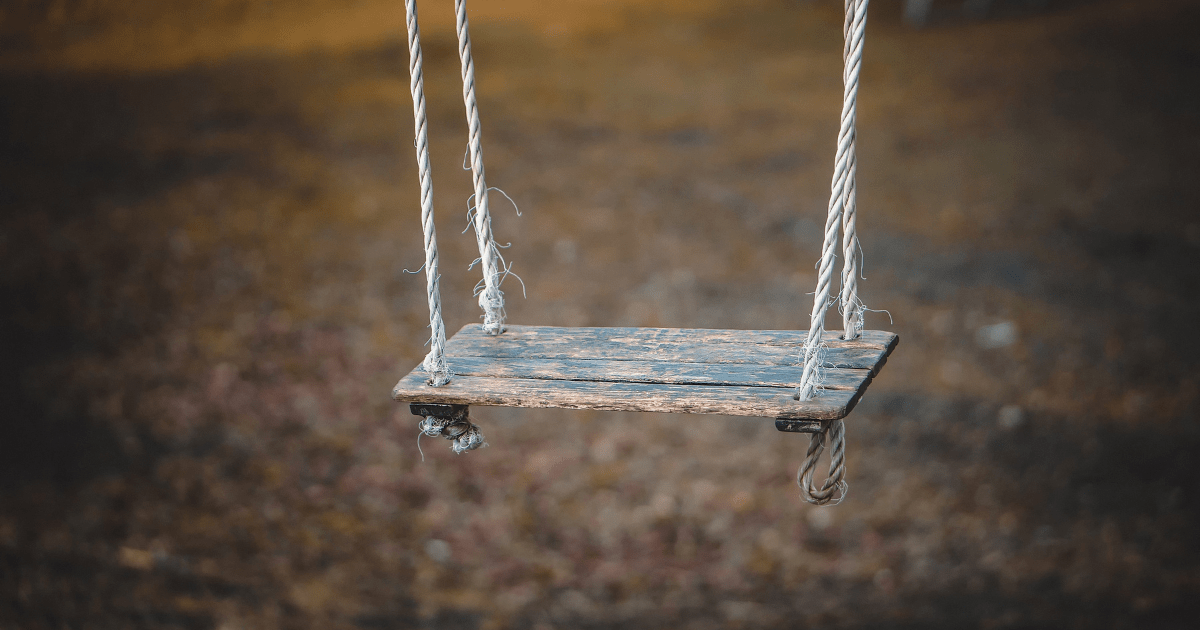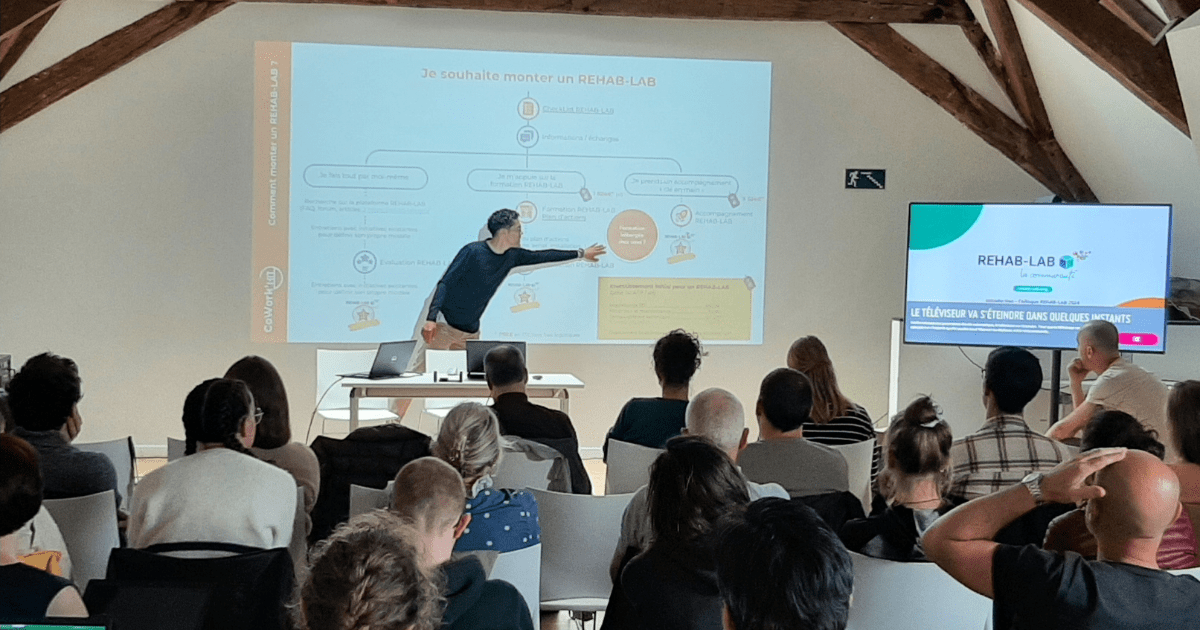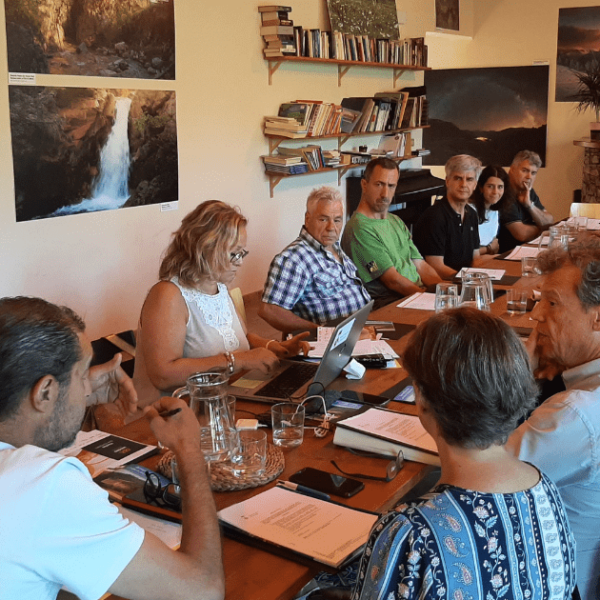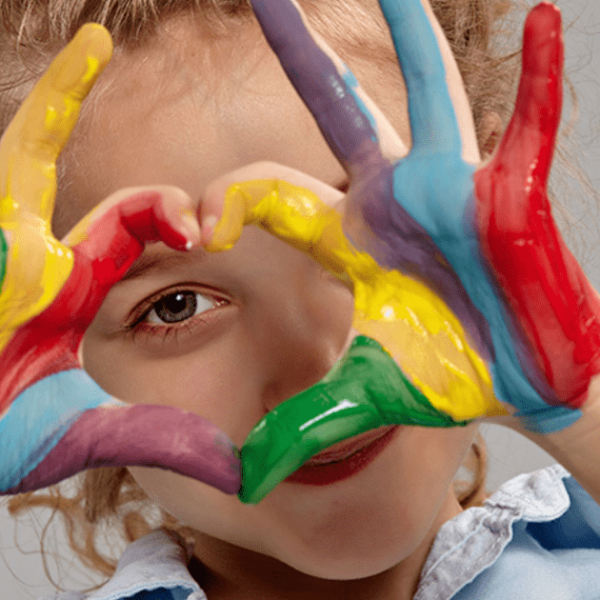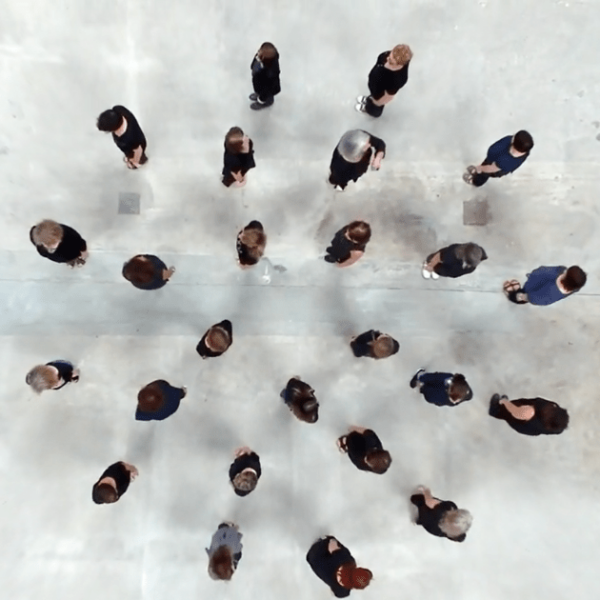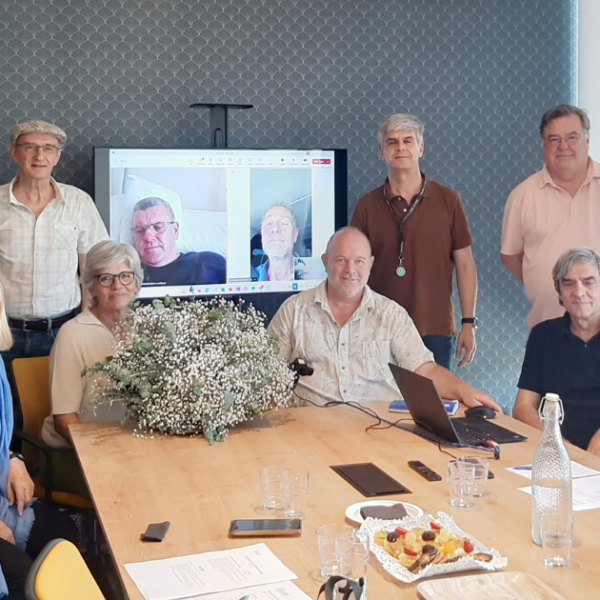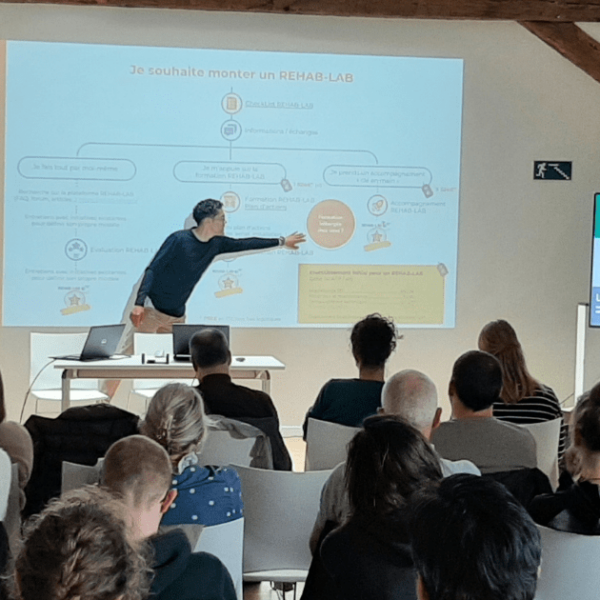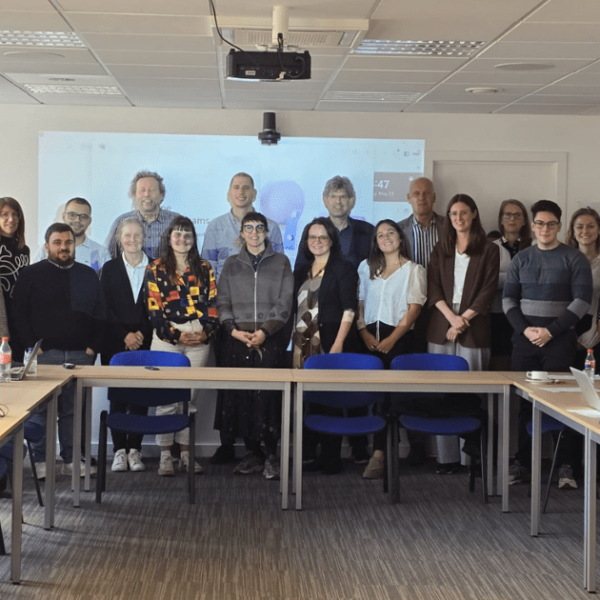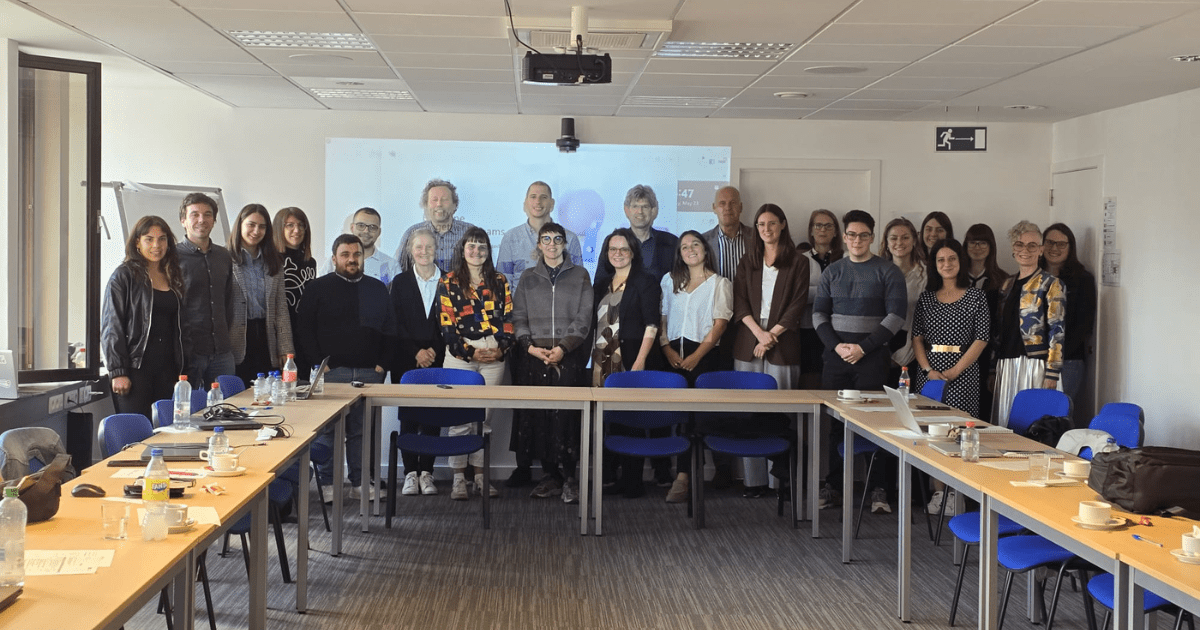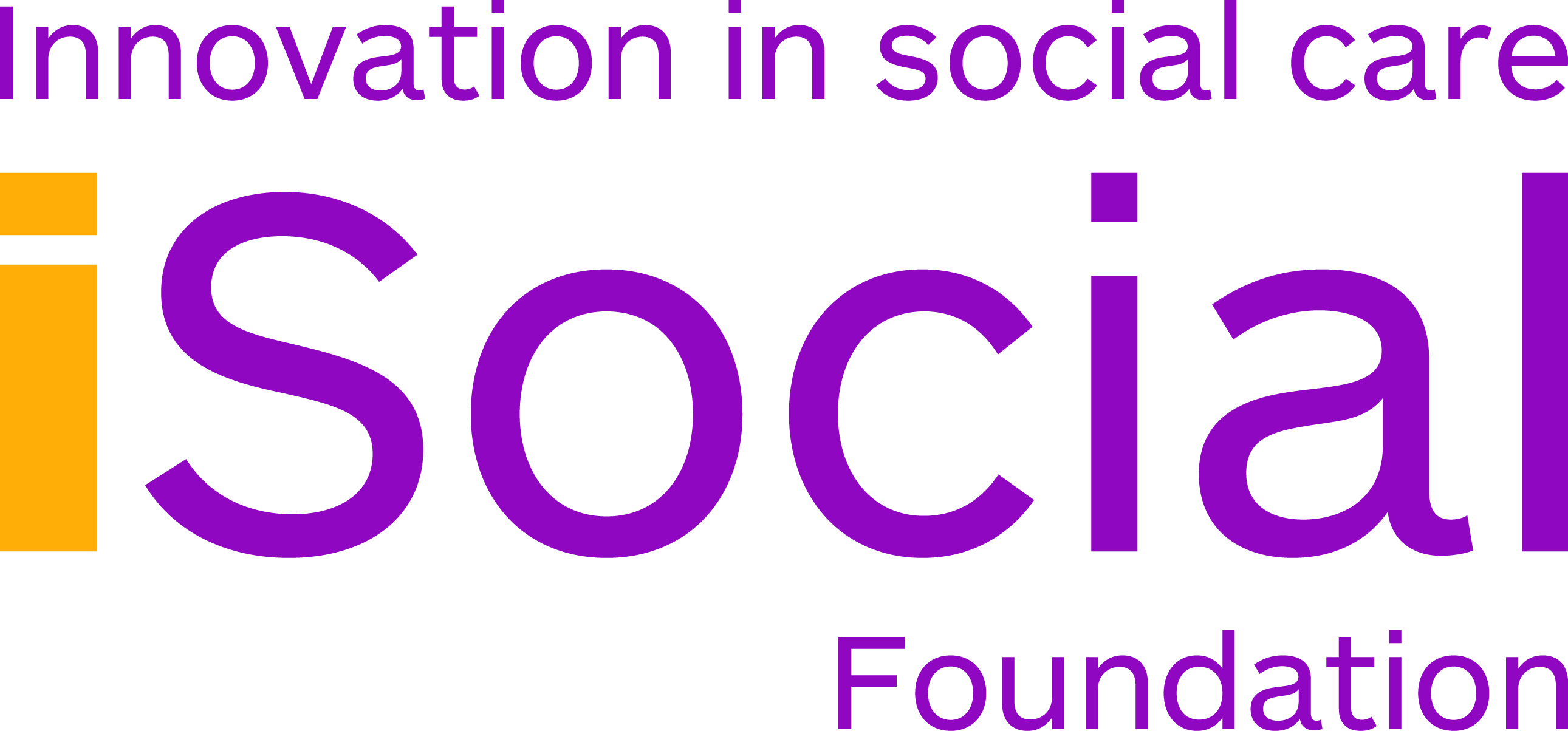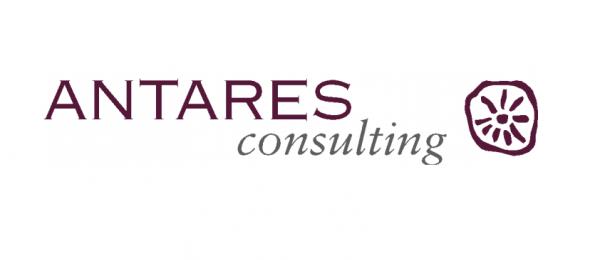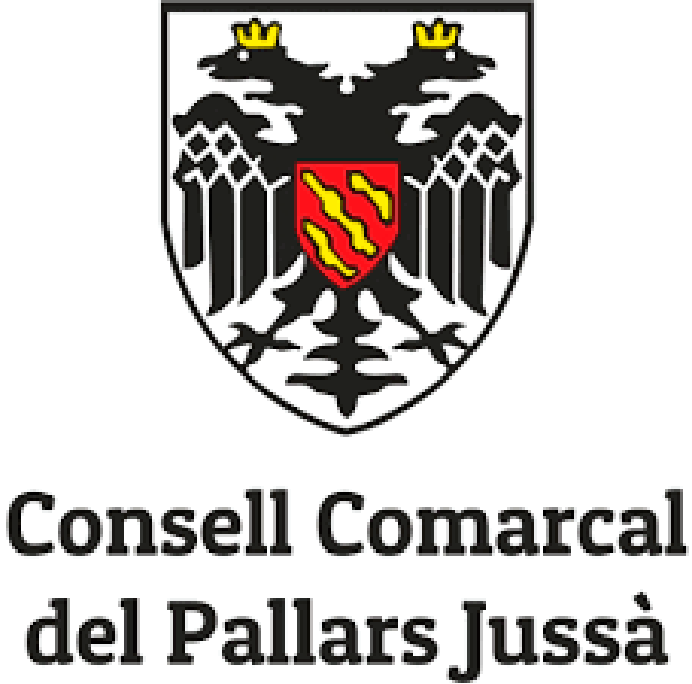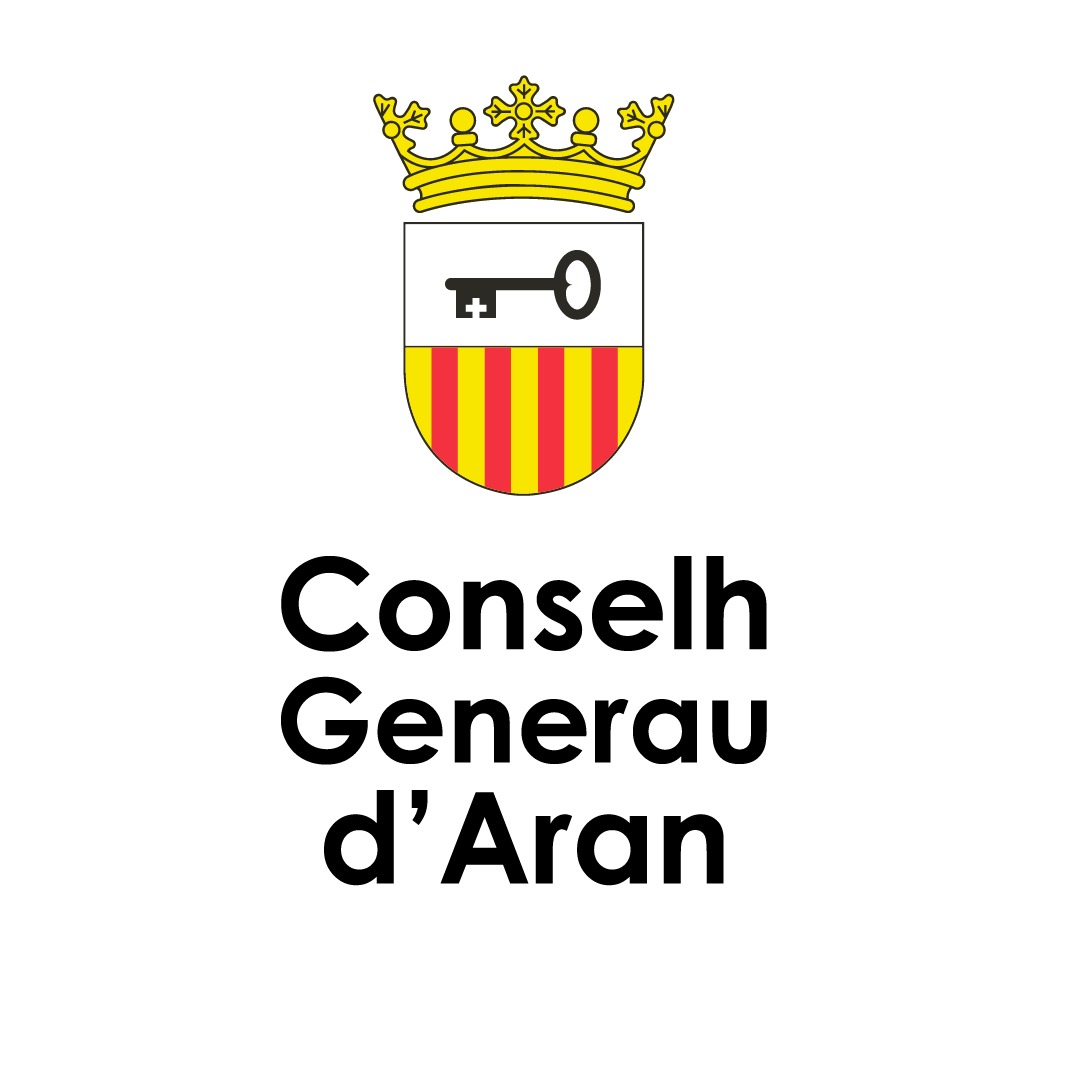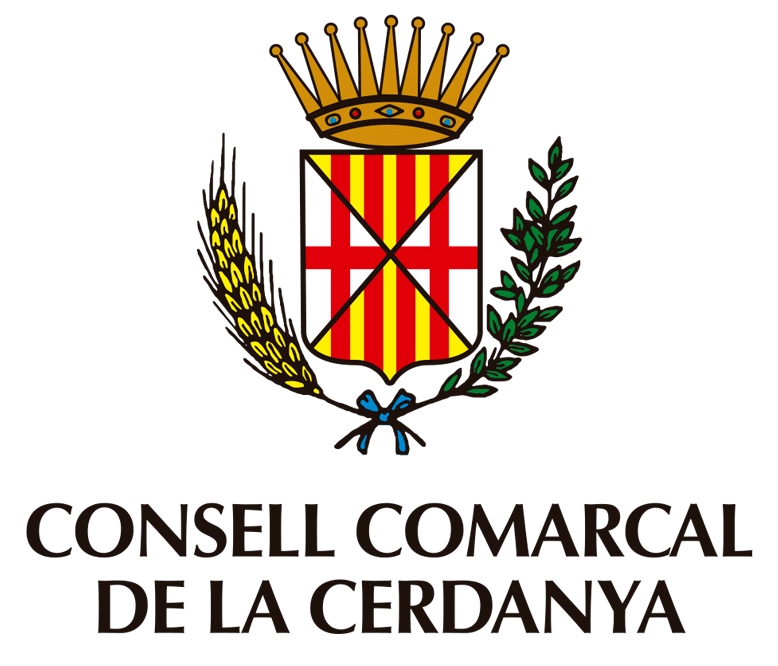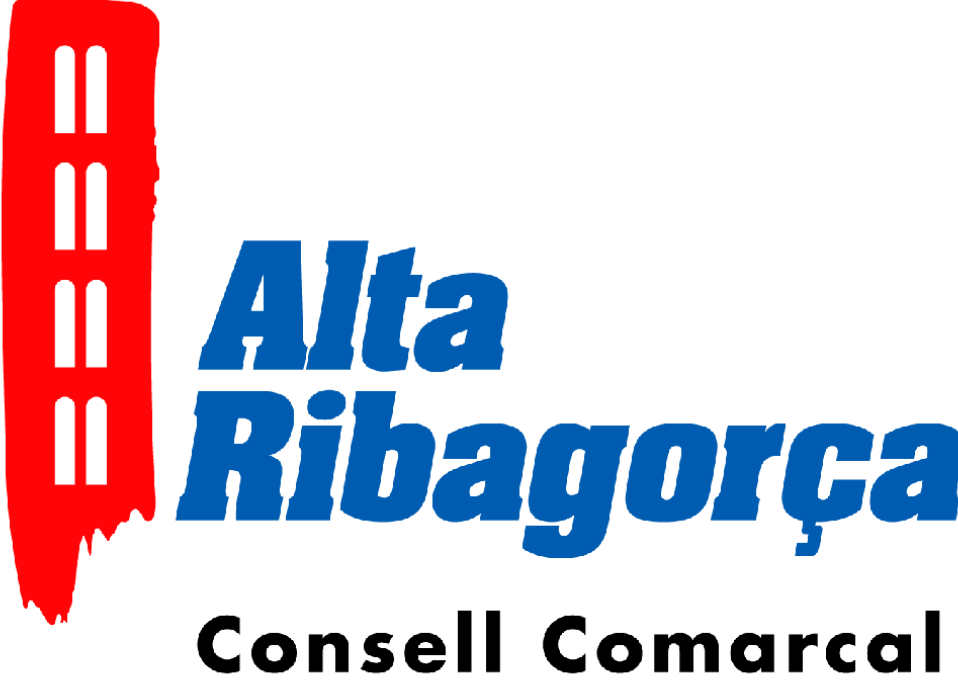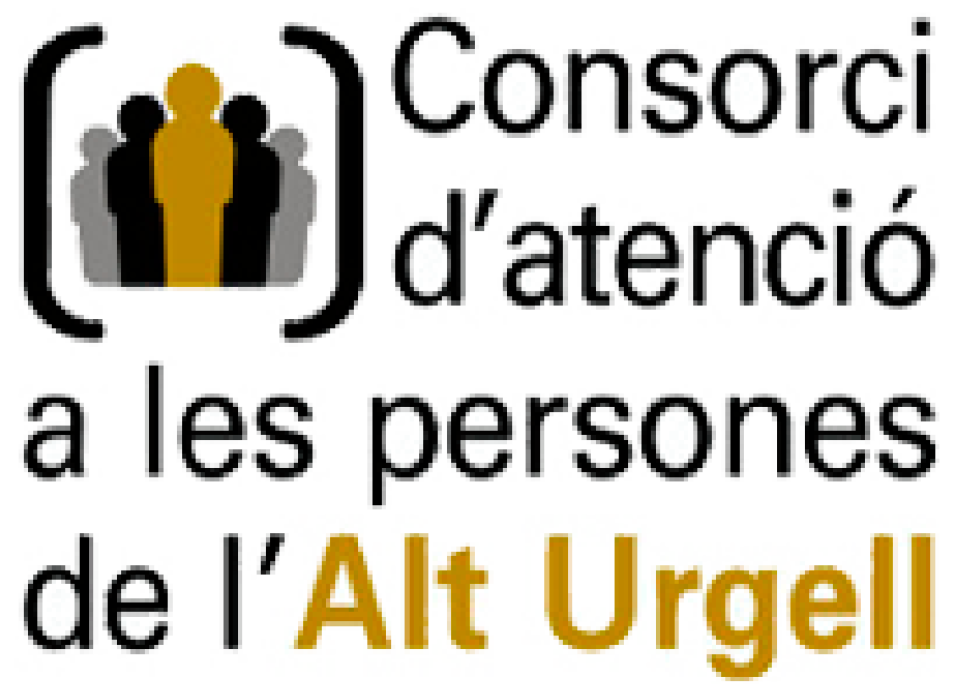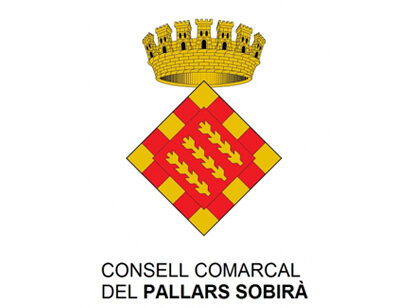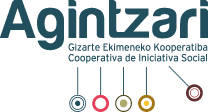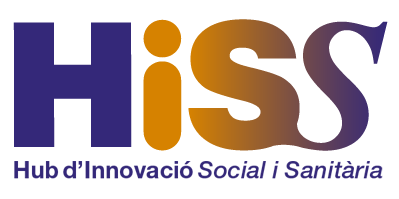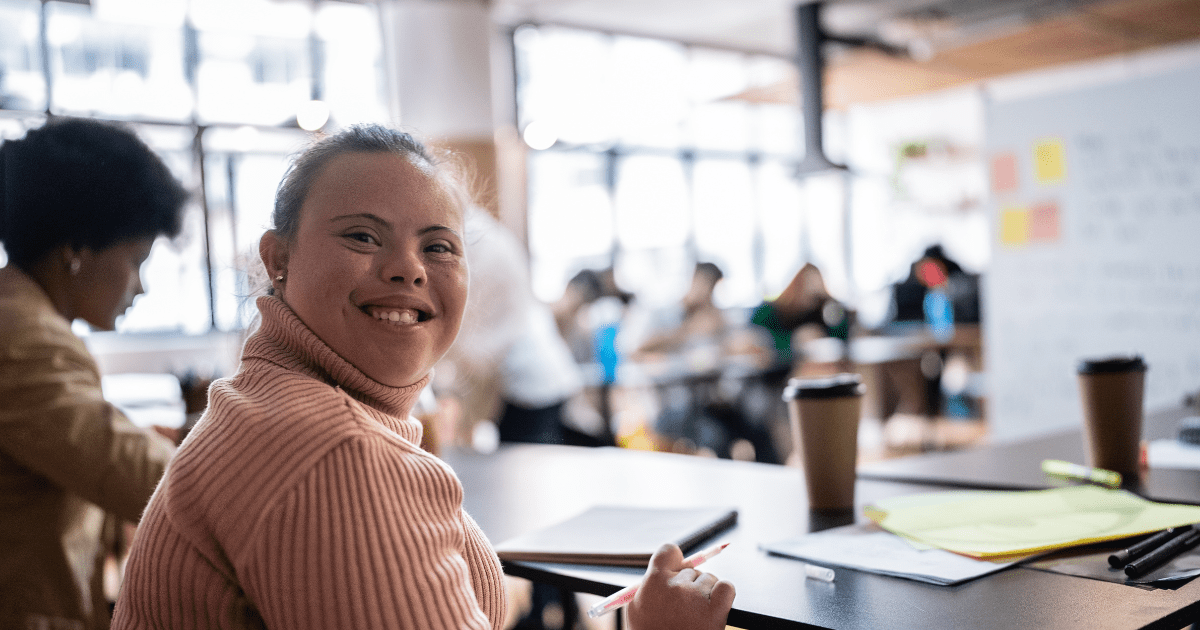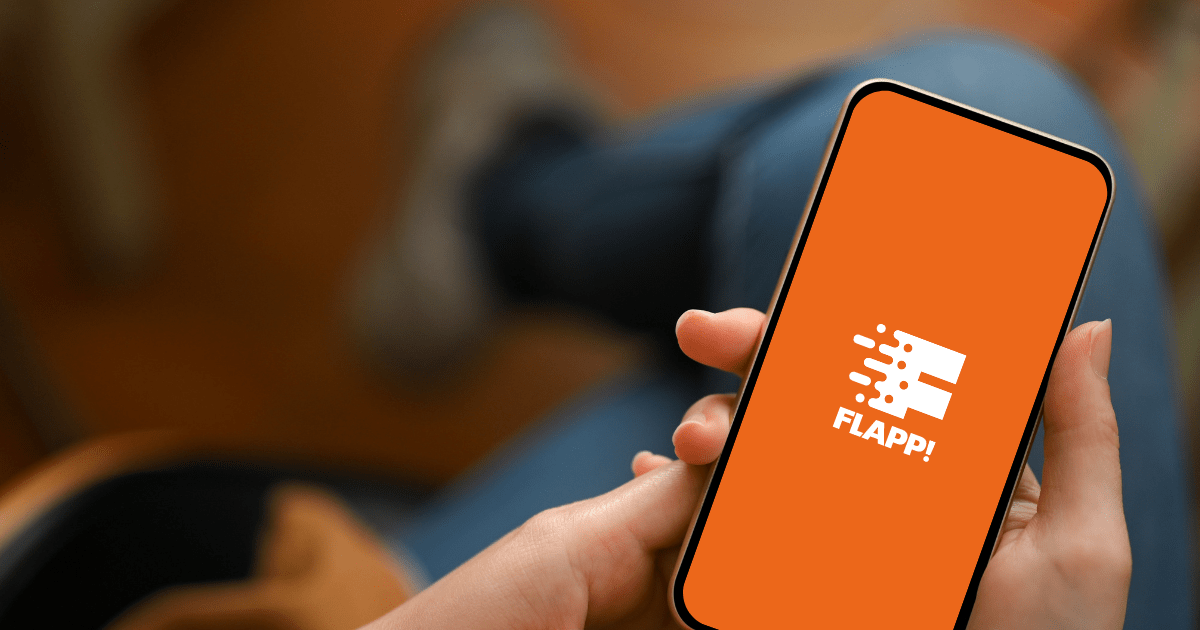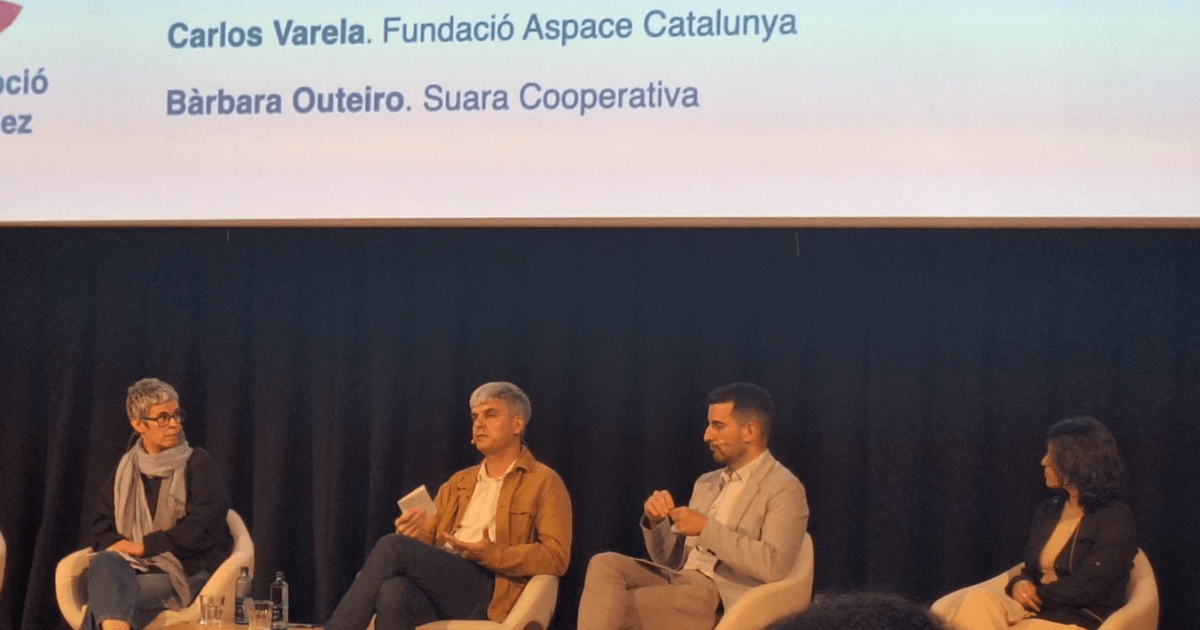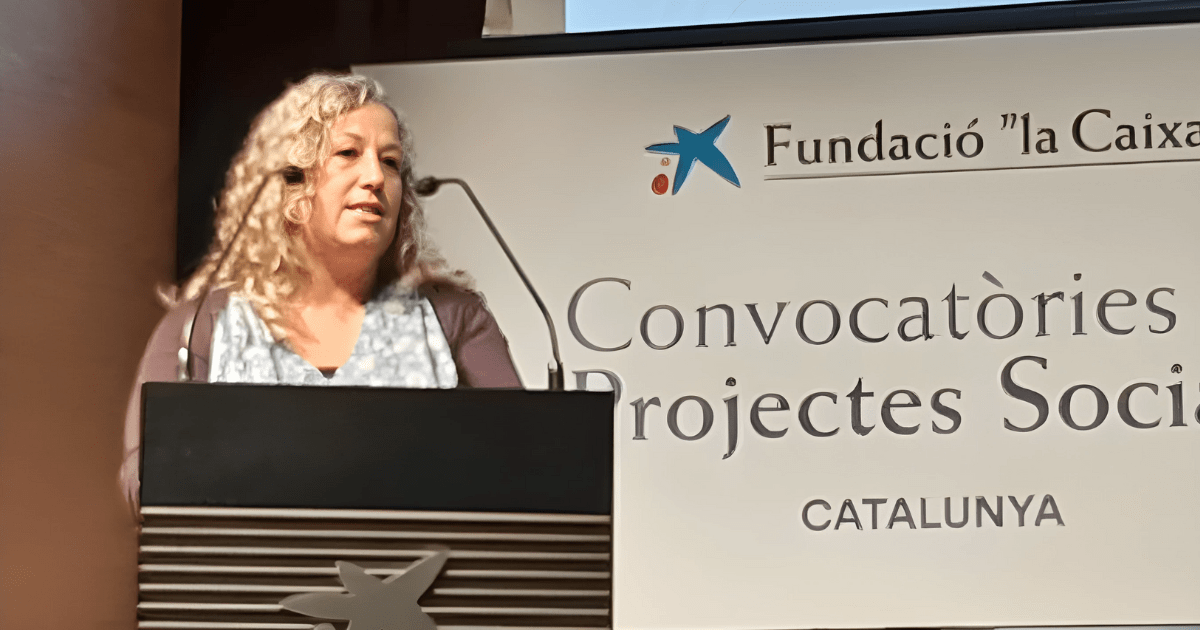Predictive models through big data applied to social services
Predictive models through big data applied to social services
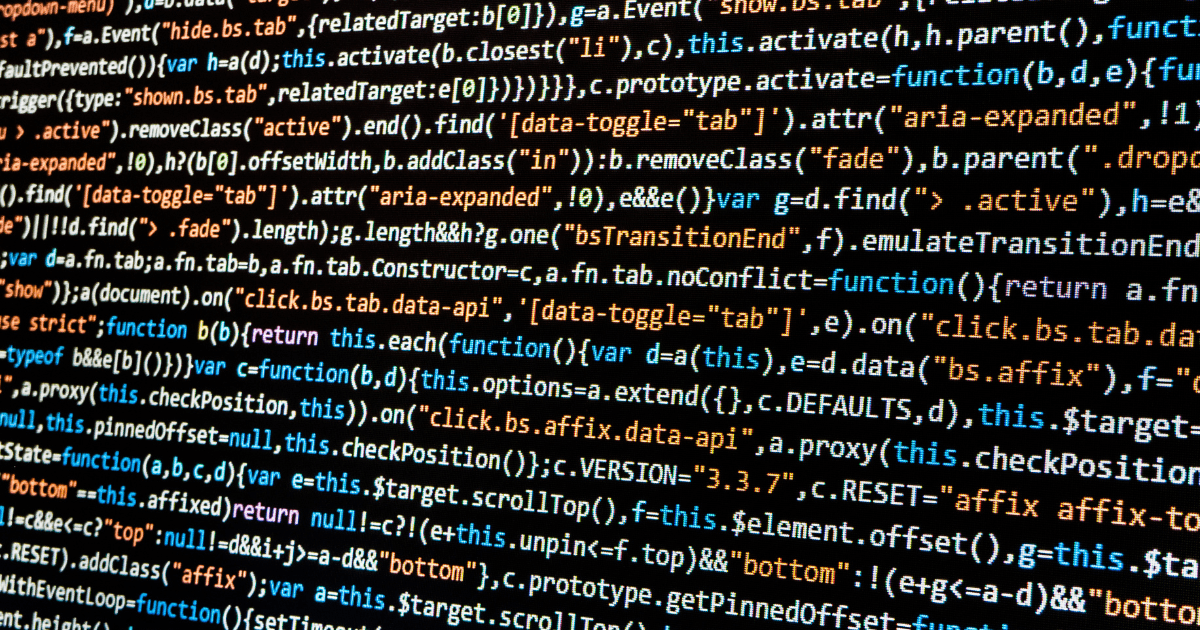
In recent years, multiple sectors have embraced big data technology and predictive models to manage large amounts of data, draw conclusions, and make predictions. How can this technology be applied to social services?
Every day, the world generates approximately 328.77 million terabytes of data, according to a Market Splash analysis from 2024. In recent years, the growth rate has increased exponentially. From 2010 to 2023, for example, the amount of data generated has increased in volume by 60 times, although only 10% of these data are unique, as the rest are duplicated information on the network.
In this context, most sectors are incorporating intelligent data analysis services to manage data, draw conclusions, and make predictions. Social services are no exception. In recent years, the sector has embraced big data technology to collect information in the socio-health field and thus be able to act preventively, personally, and efficiently. Next, we will explore what big data and predictive models are, what opportunities they present for social services, and what innovative initiatives are already being carried out.
What is big data?
Broadly speaking, we could define big data as a set of data that, due to its large volume, cannot be processed or managed with traditional integration databases. More specifically, we find that big data is based on the paradigm of the 3 V’s:
- Volume. A large amount of data is worked with, requiring new storage techniques and new approaches.
- Variety. The data comes from various sources and formats, such as messages, videos, images, or emoticons. Therefore, tools that can decipher all types of content are needed.
- Velocity. The large volume of data requires that it be processed and analyzed quickly to prevent the results from becoming outdated once deciphered.
According to the report Big Data and its impact on the public sector, coordinated by Chema Maroto, four more characteristics can currently be added:
- Variability. This trait refers to data that constantly changes its meaning, something particularly applicable in the case of language, as words do not have static meanings and require context to be understood. This point is one of the main challenges of big data and demands the design of processing programs capable of understanding each context to decode the precise meaning of each word.
- Veracity. The results obtained when processing large amounts of data are only useful if the data being worked with is accurate and truthful. Therefore, it is crucial to keep in mind that sometimes data can be presented in a disordered manner, as well as to know how to distinguish errors and excess noise, that is, all those false or irrelevant information. To carry out this task, it is necessary to accompany the algorithms with professional human supervision.
- Visualization. Another important challenge of big data is the ability to visually represent large amounts of data obtained. Traditional data representation methods are no longer sufficient; instead, it is necessary to find simple and accessible ways to visualize information.
- Value. Big data provides added value in the different areas where it is applied. For example, in the case of social services, it can mean economic and time savings in user care.
What are predictive models?
One of the applications of intelligent data analysis is the creation of predictive models. In the case of social services, these models can help professionals make better decisions.
A predictive model is a type of mathematical model that allows making predictions in the future based on past data. Through big data technology and machine learning, it is possible to infer how a variable will behave in the future based on other known variables.
To implement a predictive model, data must first be prepared to minimize noise and analyze it. Next, the predictive model to be used and the problem to be solved through it are selected. Then, the model is trained and validated to reach its implementation, which will be accompanied by monitoring to identify possible errors and improvements. Ensuring the quality of the data entered into the system is essential, as the reliability of the results obtained from the model will depend on it.
Big data predictive models and social services
Big data technology, in combination with other tools such as artificial intelligence and machine learning, allows analyzing social services system data to look for patterns (repetitions, anomalies, or correlations) that are usually too complex to detect manually. Along with other data sources, this can allow us, for example, to anticipate the emergence and evolution of population needs. In this sense, predictive models can help advance social services in four important areas: prevention, personalization, planning, and efficiency.
According to Big Data: What are the Implications for Public Sector Policy in Society 5.0 Era? (Fajar Rahmanto et al.), the combination of big data and artificial intelligence allows obtaining information that can become a very good starting point in decision-making and improving automation systems.
However, it is essential to define good security policies when dealing with personal and confidential information in the socio-health field, as the data being worked with is very sensitive and intimate.
Initiatives
Currently, the social sector is carrying out numerous initiatives that use big data to make predictions and act preventively. Below, we summarize some initiatives that work in this direction:
- PACT Project. In Castilla y León, the PACT project uses an algorithm developed from big data and machine learning techniques capable of predicting the risk of social exclusion of social services users. Through ten main risk factors, the predictive model can determine which of the people requesting the minimum guaranteed income will continue to need this benefit for 60 months or more. Through a mobile application, professionals have access to these forecasts and can make better decisions.
- Predictive and descriptive tool. In Catalonia, the Association for Welfare and Development (ABD), in collaboration with Momentum Analytics, has developed a predictive tool based on big data and artificial intelligence that allows describing the socio-demographic and economic characteristics of the families in the territory with the aim of helping municipal social services better understand current real needs, predict future ones, dimension the service portfolio, and plan resources.
- One View. In the United Kingdom, the One View system analyzes the set of data related to services for adults, children, and homeless people to identify existing risk situations that could lead to homelessness in the near future. The analytical model includes income, benefits, and school data, obtaining a general and complete view of citizens and households. The model has a preventive approach and can detect future risk situations 6 to 9 months before they occur.
- Crisis Text Line. This American initiative uses machine learning and artificial intelligence to predict high-risk suicide or self-harm situations. The system is based on the analysis of 30 million messages that users have sent through a prevention hotline and is capable of identifying which cases are more urgent. Thus, 94% of high-risk people receive an intervention in less than 5 minutes.
- L’Allegheny Family Screening Tool (AFST). Also in the United States, this big data system provides social services professionals with an objective assessment of child neglect risk situations through more than a hundred parameters. When a case is received, the algorithm calculates the risk index to guide professional action.
In conclusion, big data and predictive models in social services represent an interesting tool to improve efficiency, personalization, and prevention in population care. The ability to process and analyze large amounts of data quickly and accurately, as well as generate predictive models, allows professionals to anticipate needs, identify risk situations, and make decisions based on solid evidence. Initiatives such as the PACT project in Castilla y León, the predictive tool of ABD in Catalonia, and the One View system in the United Kingdom demonstrate the positive impact of these technologies in the socio-health field. However, it is essential to implement robust security policies to protect the privacy of confidential data and ensure its veracity. Ultimately, big data and predictive models are key to a future where social services are more proactive and effective in their mission of supporting communities and individuals.
References
Albendea, G. L. (2021, 15 juliol). ‘Big data’: una herramienta de predicción útil para el sector social. Revista Haz. https://hazrevista.org/innovacion-social/2017/11/big-data-una-herramienta-de-prediccion-util-para-el-sector-social/ [08/07/2024]
Big data y su impacto en el sector público. (s. f.). Harvard Deusto Business Review. https://xodel.diba.cat/sites/xodel.diba.cat/files/big_data_y_su_impacto_en_el_sector_publico.pdf [08/07/2024]
Cicle de reflexió “Big Data i serveis socials”. (2019). Fundació iSocial. https://isocial.cat/cicle-de-reflexio-big-data-i-serveis-socials/ [08/07/2024]
Díaz, A. (2022, 28 diciembre). Modelos predictivos, que es, ejemplos y herramientas. Todo Bigdata. https://todobigdata.com/modelos-predictivos/modelos-predictivos-que-es-ejemplos-y-herramientas/ [17/04/24]
El Big Data al tercer sector. (2023, 8 març). Xarxanet – Entitats I Voluntariat de Catalunya Per un Món Millor. https://xarxanet.org/juridic/recursos/el-big-data-al-tercer-sector [08/07/2024]
ESADE Business & Law School. (2018, 2 octubre). La transformación digital en el Tercer Sector, retos y oportunidades. Cinco Días. https://cincodias.elpais.com/cincodias/2018/10/01/idearium/1538406345_325528.html [08/07/2024]
ESIC Business & Marketing School. (s. f.). Análisis predictivo: con Big Data el futuro no se predice, se cambia. ESIC. https://www.esic.edu/rethink/tecnologia/analisis-predictivo-big-data-futuro-no-se-predice-se-cambia [17/07/24]
Fundació iSocial. (2024, 19 juny). One View, sistema predictiu i preventiu de situacions de sensellarisme – Fundació iSocial. Innovació en. Fundació iSocial. https://isocial.cat/one-view-sistema-predictiu-i-preventiu-de-situacions-de-sensellarisme/ [08/07/2024]
Fundació iSocial. (2024, 19 juny). PACT, eina big data per preveure el risc d’exclusió social crònica – Fundació iSocial. Innovació en. Fundació iSocial. https://isocial.cat/pact-eina-big-data-per-preveure-el-risc-dexclusio-social-cronica/ [08/07/2024]
Fundació iSocial. (2024, juny 19). Eina predictiva de situacions de vulnerabilitat, per millorar la planificació dels Serveis Socials -. Fundació iSocial. https://isocial.cat/eina-predictiva-de-situacions-de-vulnerabilitat-per-millorar-la-planificacio-dels-serveis-socials/ [08/07/2024]
Fundació iSocial. (2024, juny 19). VioGén, sistema de seguiment integral de casos de violència masclista – Fundació iSocial. Innovació en. Fundació iSocial. https://isocial.cat/viogen-sistema-de-seguiment-integral-de-casos-de-violencia-masclista/ [08/07/2024]
Rahmanto, F., Pribadi, U., & Priyanto, A. (2021). Big Data: What are the Implications for Public Sector Policy in Society 5.0 Era. IOP Conference Series. Earth And Environmental Science, 717(1), 012009. https://doi.org/10.1088/1755-1315/717/1/012009 [08/07/2024]
Rodríguez, S. (2019, 31 julio). Claves para implantar un modelo predictivo. Big Data Magazine. https://bigdatamagazine.es/claves-para-implantar-un-modelo-predictivo/ [17/07/24]
Sesmero, J. M. M. (2015). Big data; application and use for the health system. DOAJ (Directory Of Open Access Journals), 39(2), 69-70. https://doi.org/10.7399/fh.2015.39.2.8835 [08/07/2024]
Song, T., & Ryu, S. (2015). Big Data Analysis Framework for Healthcare and Social Sectors in Korea. Healthcare Informatics Research, 21(1), 3. https://doi.org/10.4258/hir.2015.21.1.3 [08/07/2024]


